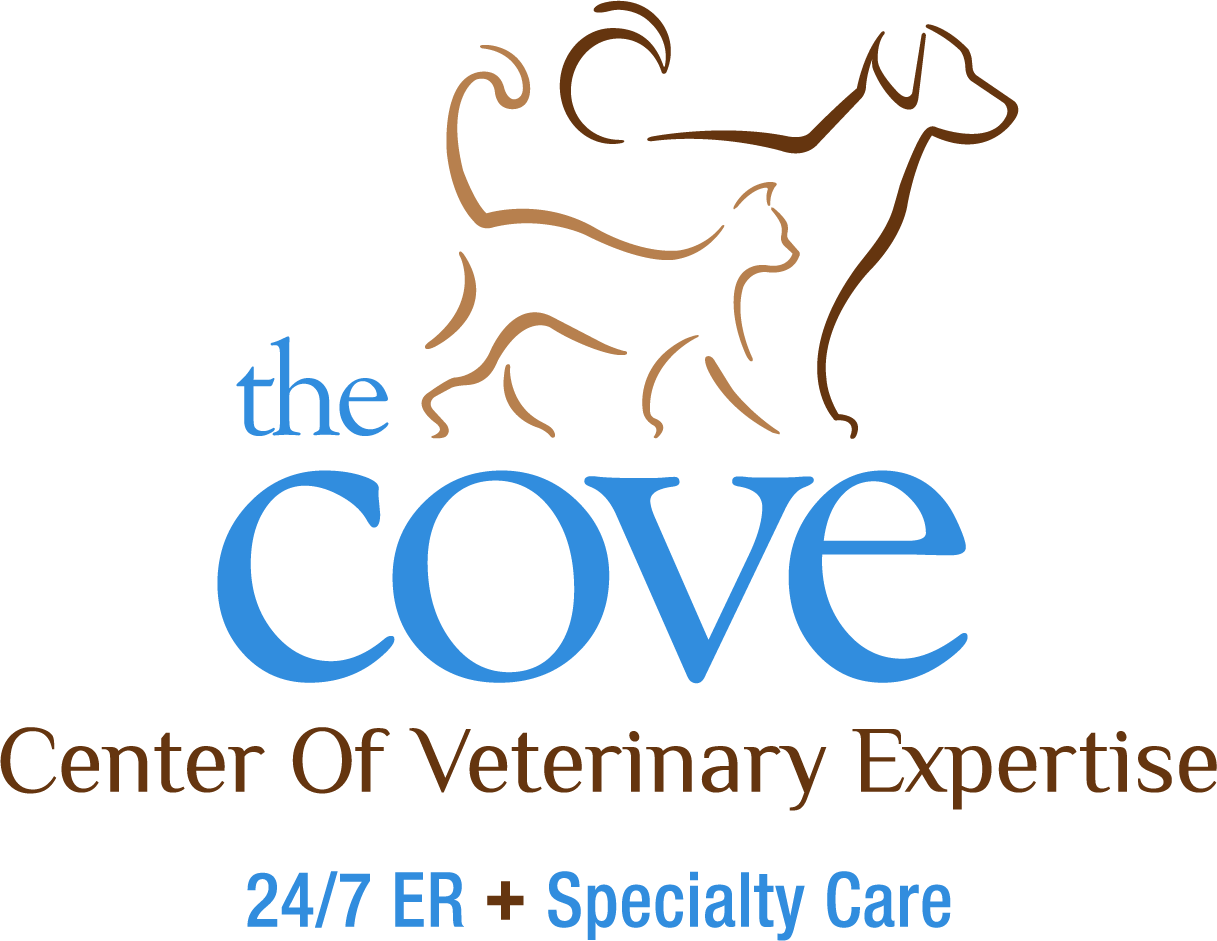One of the main reasons we hear that cats don’t get the medical care they need is that the process of getting them to the veterinary clinic is too difficult. We get it! We’ve seen calm cats turn into the Tasmanian Devil when it’s time to get into their carriers, so we understand why some pet parents decide to skip their appointments – or worse, forego care in emergencies. So what can you do to help make it easier on everyone involved?
Pre-Visit Preparation
Conditioning your cat is one long-term way to get them accustomed to their carrier and riding in the car – a good start. Start by spending time in or around their carrier playing, relaxing calmly, and enjoying some teeny, yummy treats. Keep these sessions short at first – only a few minutes – and then extend a bit each day. Encourage your cat to get into the carrier by tossing treats inside. When they’re ready, see if you can carry them around the house, or just out to the street. Consider putting one of your worn sweatshirts inside the carrier so it’s comfortable and it smells like you. Reward them with playtime or more treats afterward. Work your way up to riding around in the car for short spells.
One thing to remember: conditioning takes time. Don’t start this process the week your pet is due for an appointment. Plan ahead and try to devote some time each day to training. The idea is to always keep things positive and take it slowly. It may seem like a lot of time to spend, but this is one investment of your time that will pay off for you and your feline friend.
Calming Aids
In addition to conditioning, many cats benefit from the use of additional calming aids for trips and travel, including to the veterinarian. There are many options on the market, including:
- Pheromone products: Cat pheromone products mimic natural scents that cats recognize as calming or appeasing and can be used to lower anxiety. There are many available, from sprays and diffusers to wipes that you can use inside the carrier to make it more appealing and help your cat relax.
- Calming treats or supplements: Herbal remedies and products with tryptophan (yes, the same amino acid in turkey that makes humans sleepy!), melatonin, and L-theanine can all help cats feel more relaxed naturally.
Ask your primary care veterinarian if they recommend any specific products – they might have suggestions based on past experiences.
Prescription Medication
If the above aids and tactics still don’t calm your cat, your veterinarian may recommend prescription medication. We know pet parents may not like hearing that, but remember, getting your cat the care he or she needs is the primary goal. If your cat requires it, your veterinarian may ask you to approve injectable sedatives upon arrival, especially for emergency visits. This is because stress and fear can affect your cat’s physical health as much as their mental wellbeing, including their breathing, heart rate, and blood pressure. Being stressed can actually make treatment harder, so giving some cats medication to help them relax can be extremely helpful for veterinary teams trying to deliver quality care.
Time to Go
When it’s time for your appointment, or if your cat needs to visit a 24-hour emergency care center like The COVE, get your cat into her carrier as calmly as possible. If your veterinarian has prescribed you a sedative or you’re using calming aids, use them according to your instructions. Cover the carrier with a shirt or towel to dampen sounds, and make sure it’s secure in the car so bumps are minimized. If you need to wait in the car when you arrive, talk calmly to your cat or play soft music.
At The COVE, your pet will receive the highest level of advanced care from experienced, compassionate experts and team members at the top of their field. You do not need an appointment or referral to receive emergency services, but we do ask that you call first (757-935-9111) so that we can prepare for your arrival.
About Us
The COVE’s veterinarians and staff wholeheartedly embrace the core values of community, collaboration, commitment, compassion, and integrity. This focus ensures that pets, the people who love them, and their primary care veterinarians have as positive and affirming a healthcare experience as possible, regardless of the circumstances that bring us all together.
